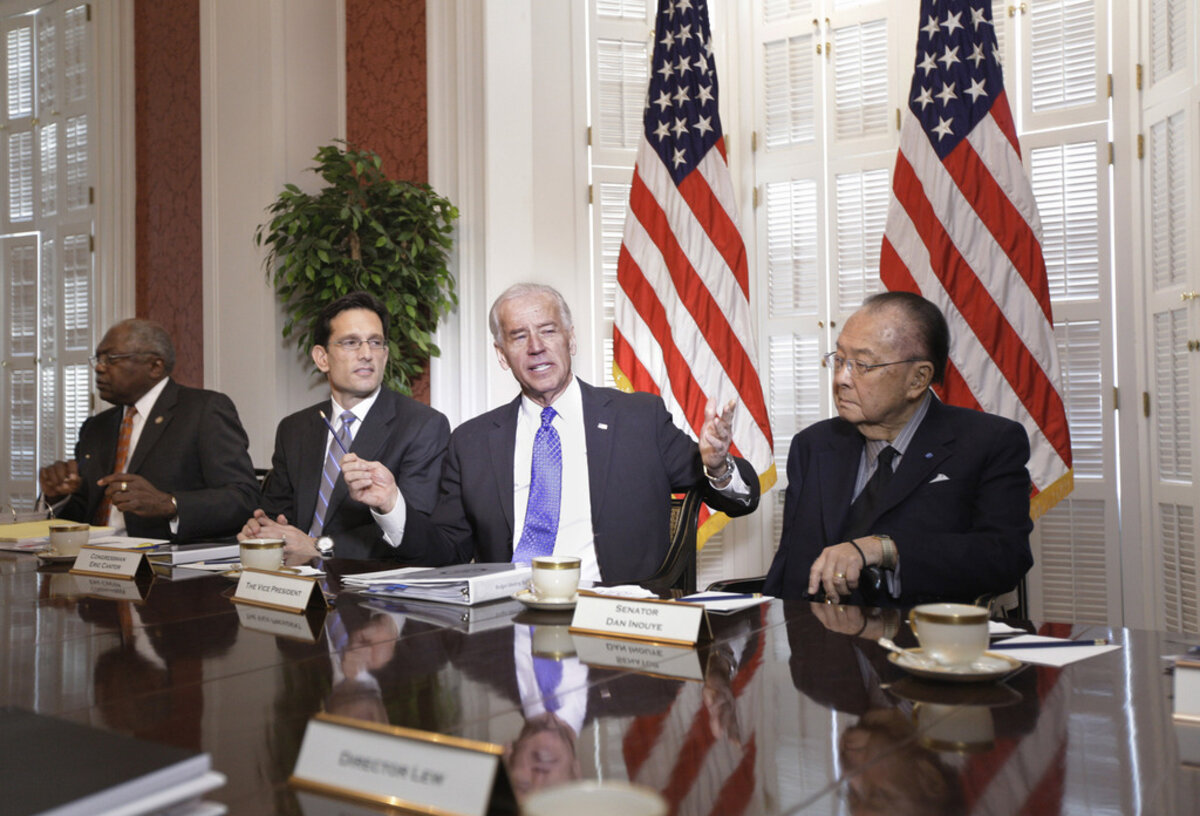Knowing which candidates drew the most votes in last week’s elections was step one. Now begins the work of interpreting the messages those votes sent, and shaping the U.S. political narrative.
Monitor Daily Podcast
- Follow us:
- Apple Podcasts
- Spotify
- RSS Feed
- Download
 Clayton Collins
Clayton Collins
Welcome to the week after election week.
The process of certifying this vote will be, as usual, deliberate. The Bush-Gore race wasn’t final until December 2000, but this time election officials aren’t eyeing hanging chads – or anything raised by monitors from either party during the count.
Concession by the side that came up short is not required by law. Nor of course is grace, the spectrum of which has – at its soaring end – examples such as George H.W. Bush’s speech from 1992 respecting “the majesty of the democratic system” and John McCain’s in 2008, pledging to work with President Barack Obama.
“This campaign was and will remain the great honor of my life,” Senator McCain said. “And my heart is filled with nothing but gratitude.”
Grace was exhibited by the president-elect on Saturday night. “For all those of you who voted for President Trump,” Mr. Biden said, “I understand the disappointment tonight. I’ve lost a couple of times myself. But now, let’s give each other a chance.”
Amid car horns and dancing by those celebrating the outcome, all-caps grievance tweets by the defeated incumbent over the weekend contrasted with an American tradition of accepting election outcomes once a result becomes clear.
For many of Mr. Trump’s supporters this moment remains raw. And the online trade in falsehoods, like the burning of ballots that even the conspiracy videos showed were just samples, has fed distrust. Yet one variation on that stark and distorting red/blue electoral map – a visualization of each state’s vote as a blend – hints at how purple signals an opportunity for a cooperative, grassroots grace.
“To make progress, we have to stop treating our opponents as our enemies,” said President-elect Biden. “They are not our enemies. They’re Americans. They’re Americans.”









